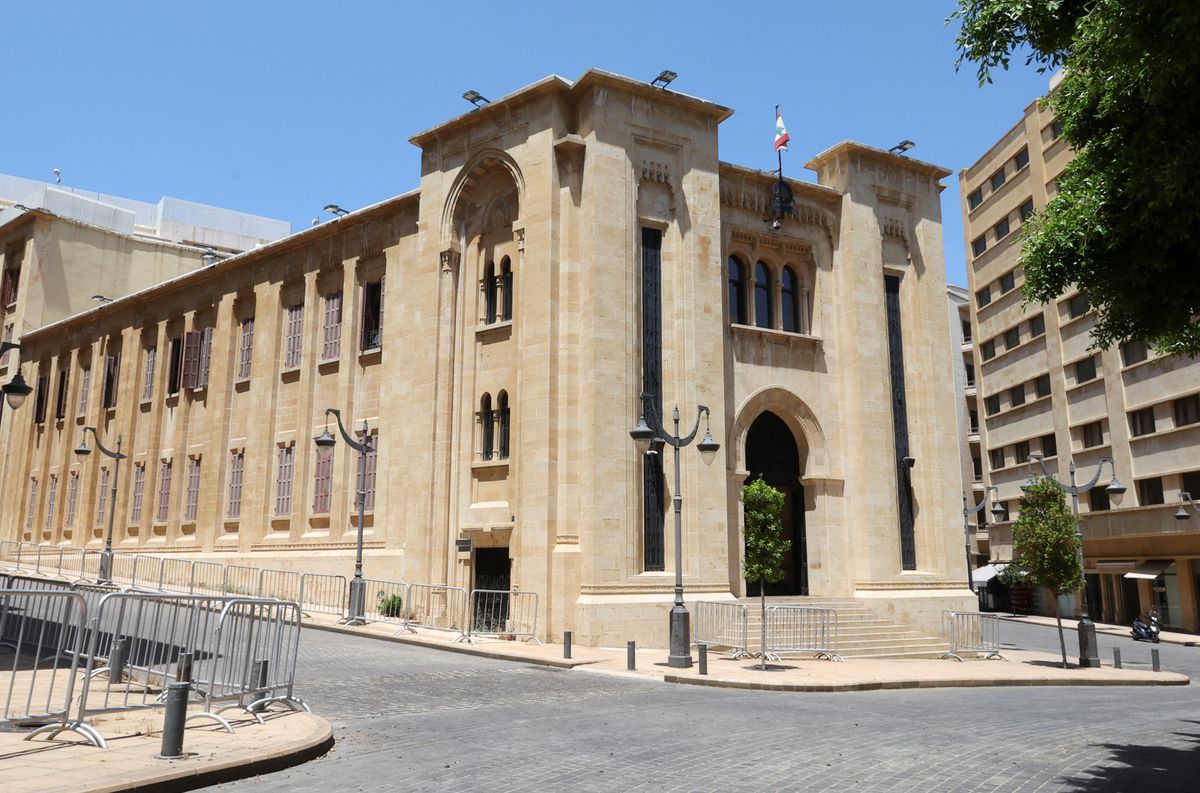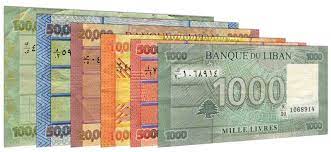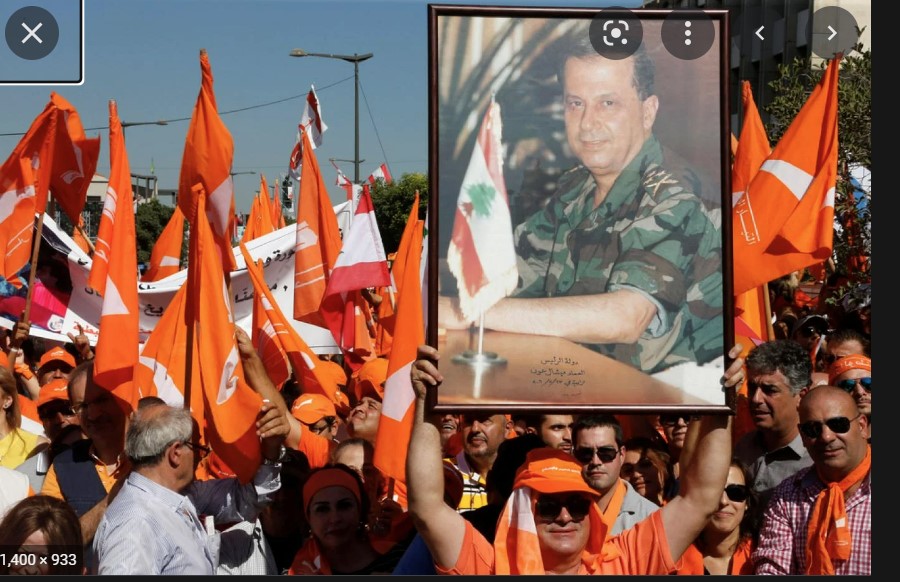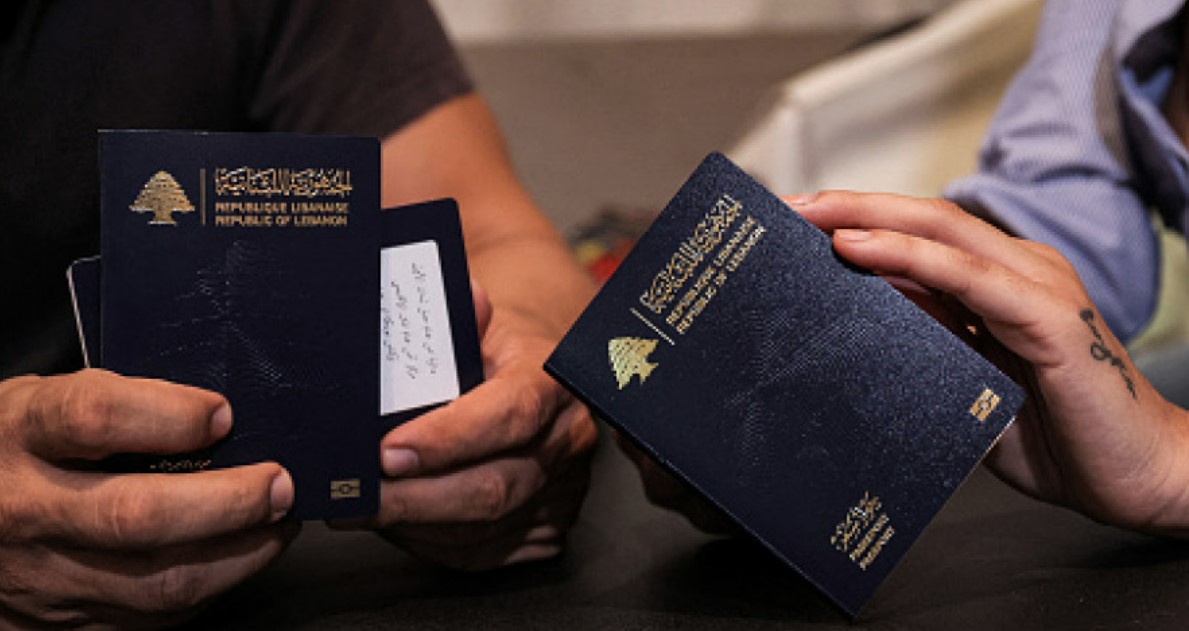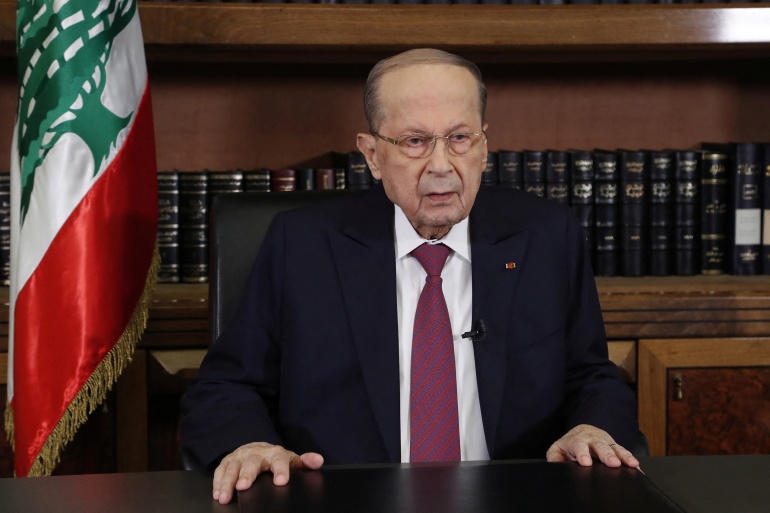
Beirut (AFP) – When Michel Aoun became president in 2016, putting an end to a two-year power vacuum due to political wrangling, he vowed to be the “strong” president Lebanon so desperately needed. But as his mandate draws to a close next week, the country is reeling from an unprecedented economic crisis, with Beirut having been ravaged in 2019 by one of the world’s biggest non-nuclear explosions. The blast was preceded by a 2019 mass protest movement that demanded Aoun’s departure, along with the rest of Lebanon’s entrenched ruling class. “The presidency was a disappointment, even for him,” said his nephew, lawmaker Alain Aoun. Yet the 88-year-old leader has repeatedly refused to step down or quit politics, even announcing that he would continue his political fight within his party, the Free Patriotic Movement (FPM), upon leaving office. The former army chief ran for the presidency on a platform of fighting corruption, vowing to become “everyone’s father”, a uniting leader in a country where power is divided among sects. But he also ran on a sectarian agenda, promising to defend Christian “rights”, after the community lost some of its political power at the end of the civil war.
In 2019, mass protests gripped the country as it plunged into a financial crisis dubbed one of the world’s worst in recent history by the World Bank. The Beirut port explosion of 2020 further compounded anger against Lebanese leaders blamed for their negligence after tonnes of ammonium nitrate fertiliser caught fire and detonated, killing over 200 people and leaving large swathes of the capital destroyed. “He was subjected to a financial and economic atomic bomb and the explosion in Beirut,” his nephew said of Aoun. “Even if he was not responsible for this, he found himself on the frontline.”
‘To hell’
A short, stocky man who presents himself as Lebanon’s saviour, Aoun has often responded to popular discontent with detachment. Amid the nationwide protests in 2019, he went as far as telling Lebanese they should emigrate if they are unhappy from the country he said was headed “to hell”. Those formerly in his close circle said he was stuck in denial, with one source painting a picture of a power-hungry leader whose “destructive ambition” meant he was “ready to do anything to become president”.
